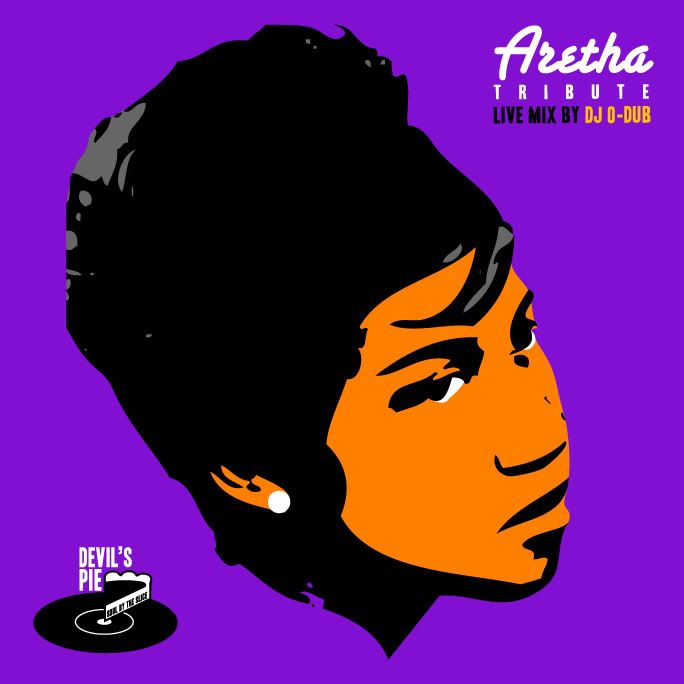MIRACLES, MOTOWN, AND MEMORIES
posted by O.W.

A Love She Can Count On (Live)
From Depend On Me: The Early Albums (Hip-O Select, 2009)
The Miracles laid an indelible mark on popular music in the 1960s. They were Motown’s first group but had the distinct advantage of an ace up their sleeves. Few could write a tune and make a clever play on words (“What’s So Good About Goodbye”) and phrases (“Shop Around”) like Smokey Robinson. The latter is so deceptively masterful with its witty marriage of consumer colloquialisms and relationships that it’s easy to trick yourself into thinking that you, too, could write such a seemingly simple song (which is why that song has become a staple of American popular music playlists). It’s neither black nor white, which is exactly where Motown aimed (and succeeded many times over).
It’s interesting how songs that charted in yesteryear can get lost in time. “A Love She Can Count On” charted as high as #21 on the R&B charts back in 1963 but has been excluded from numerous Miracles compilations. The background vocals, especially in the live version, help make what would otherwise be a mediocre song into a great song. This particular live version was recorded during the Motortown Revue in Chicago in the early ‘60s. As they strip the layers out of the song and allow Smokey to ad lib about how to woo a woman, it shows the power of performing for a crowd and engaging them conversationally.
The set comprises their albums through May of 1963. In addition to the classics heard to this day on oldies radio, you also get a reminder of the direction that the Miracles were heading (before reversing course) in 1961/1962 covering some pop standards and American songbook titles such as “On The Street Where You Live” and “I’ve Got You Under My Skin.” They even had a pending album release called Miracles Sing Modern that was ultimately shelved for unknown reasons. Perhaps they realized that they had too many great songwriters in their stable to sing other people’s songs. They had their own classics to create.
Hip-O puts it all together in a slick digipak that has a double-gatefold. Much like the recent Michael Jackson set, the CDs slip into the cardboard with no extra protection. One nice touch, though, is the glossy cardstock insert that features a replica of the fronts and backs of the albums to help retain the vintage feel. Album art is an artform that is unfortunately lost in this disposable digital age. Fortunately, the music lives on despite a changing business model. Good songwriting always prevails, and that’s no miracle.
Labels: soul/funk














